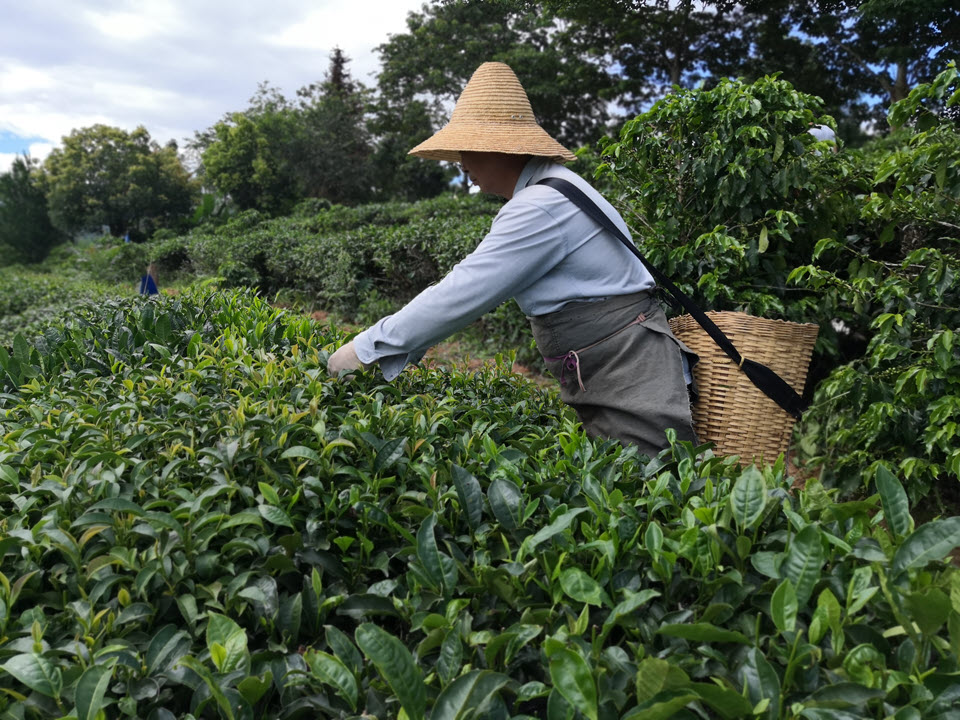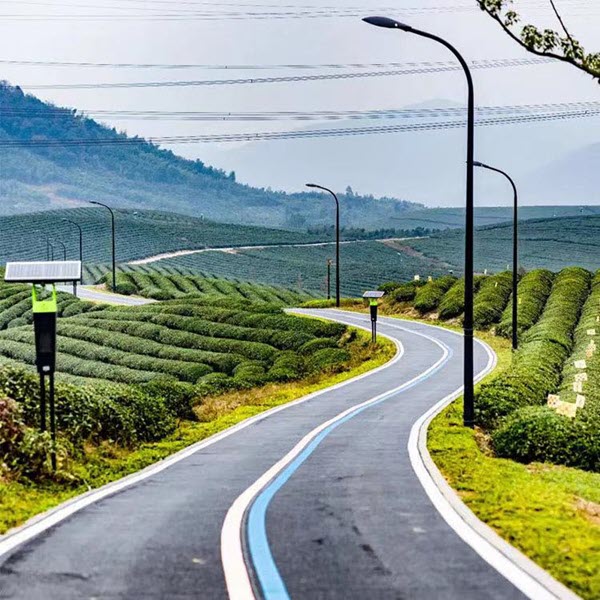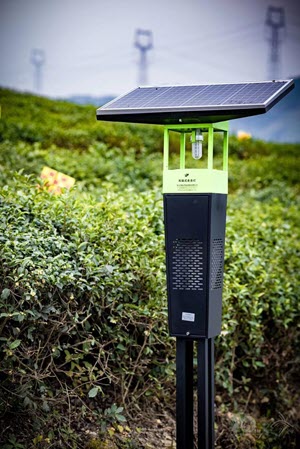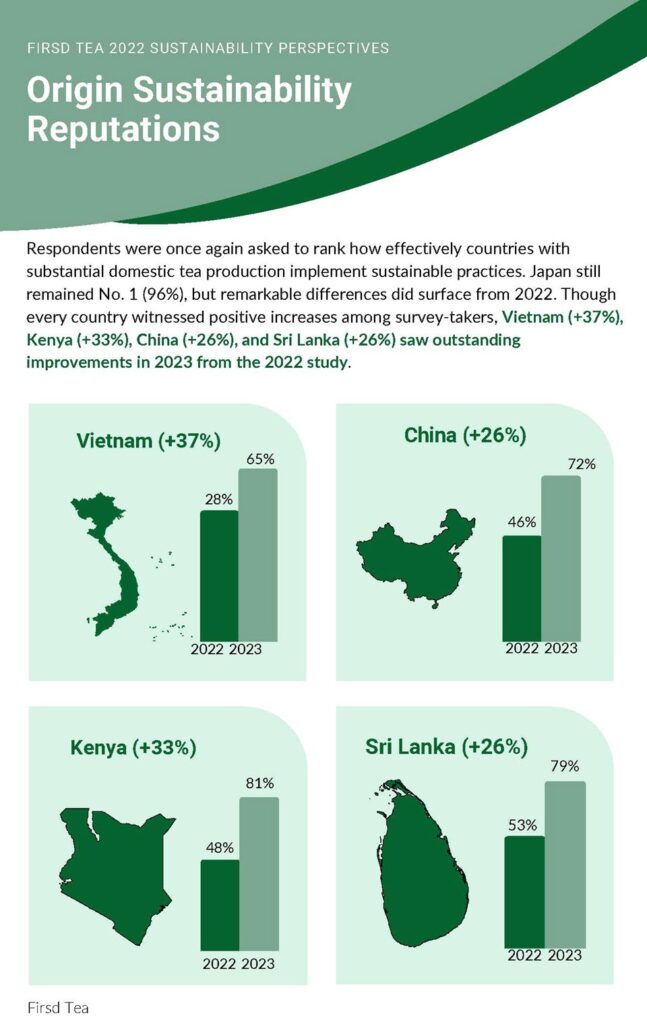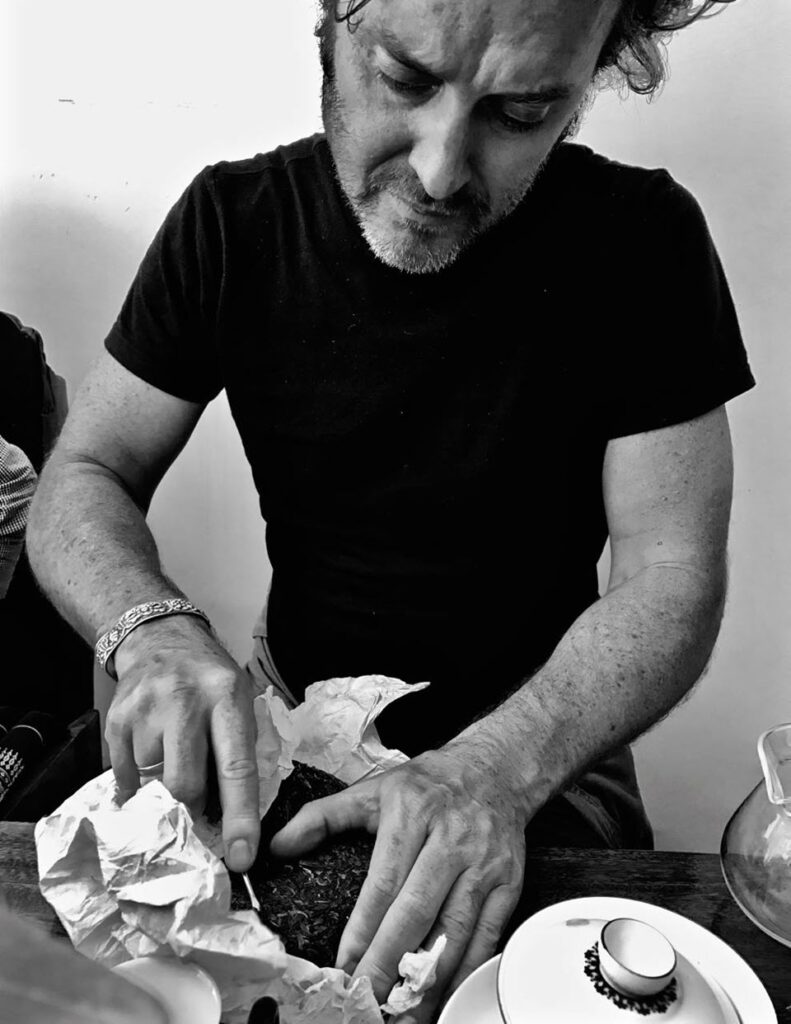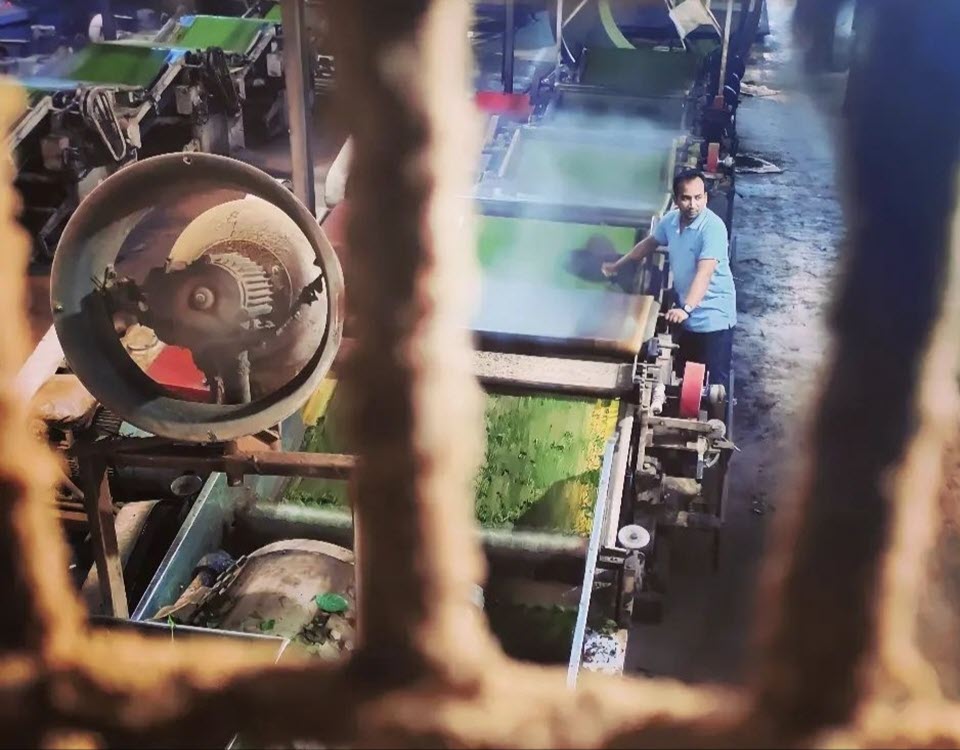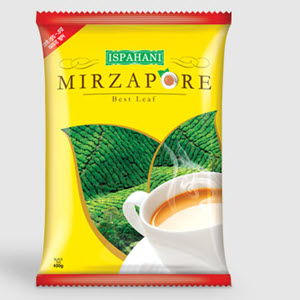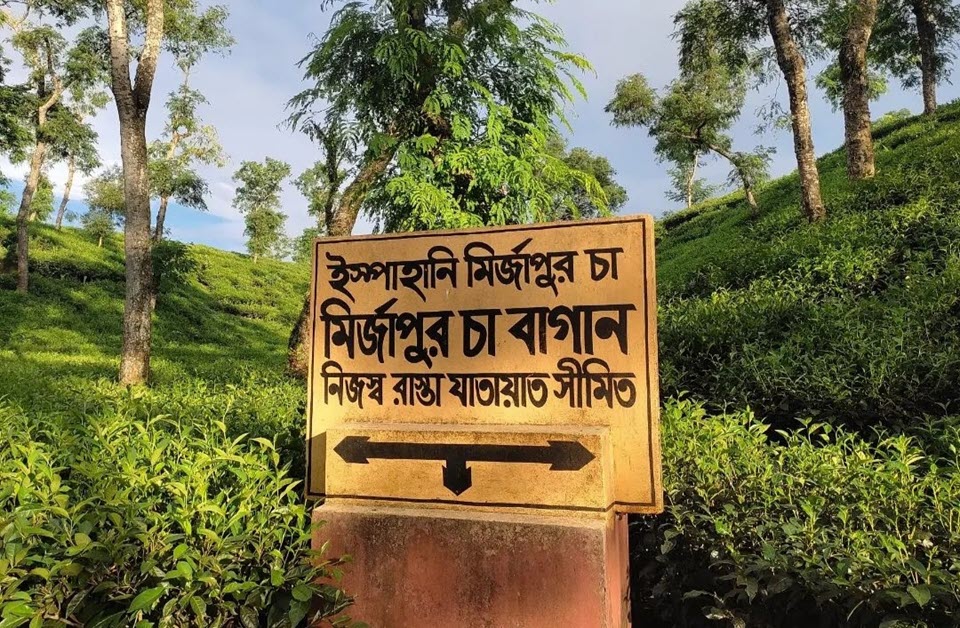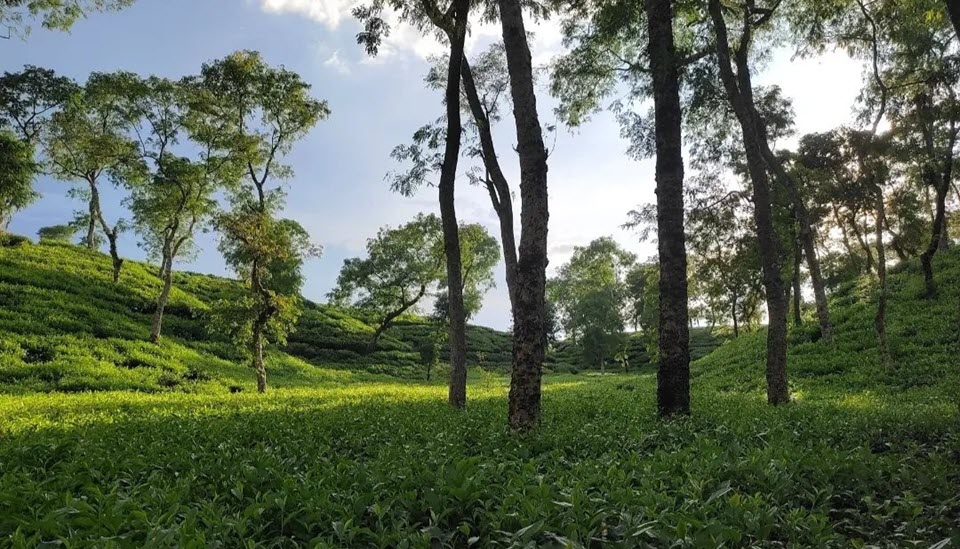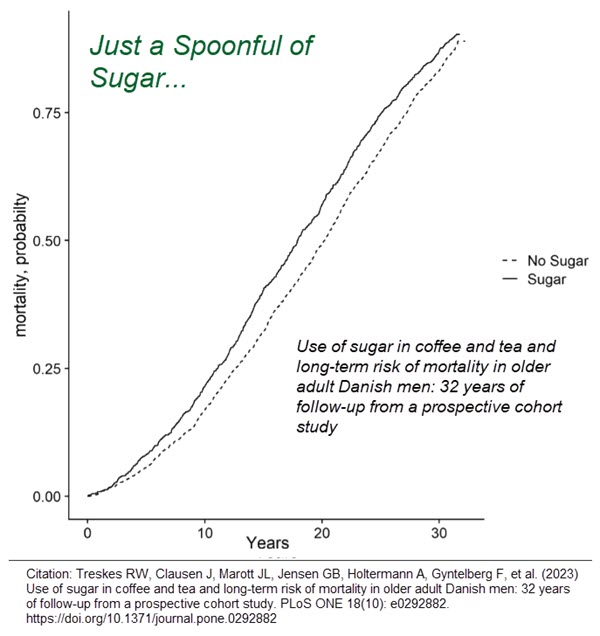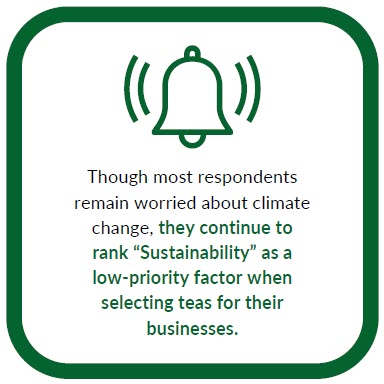Episode 143
Holiday Consumers Lose Confidence Before Black Friday Sales Begin | YouGov Survey of American Shoppers Finds 52% Won’t Shop on Black Friday | Tanzania Debuts Digital Tea Auction in Dar es Salaam | Tea Barter: Cash Short Egypt Offers Kenya a Blank Check
Tea News for the week ending Nov. 17
India News Update
Featured
Tanzania is the third-largest tea producer in Africa. Smallholders there farm 48% of the country’s 23,800 hectares under tea. Data from the Tea Board of Tanzania (TBT) estimates that 32,000 tea smallholders collectively produce about 40% of the country’s green leaf. As Director General, Theophord C. Ndunguru is the voice of the Tanzania Smallholders Tea Development Agency (TSHTDA). In October, I traveled to Dar es Salaam to talk with Theophord and fellow tea board members to better understand the state of tea smallholders. Today’s report is an excerpt from our discussion.
Listen to the interview
Powered by RedCircle
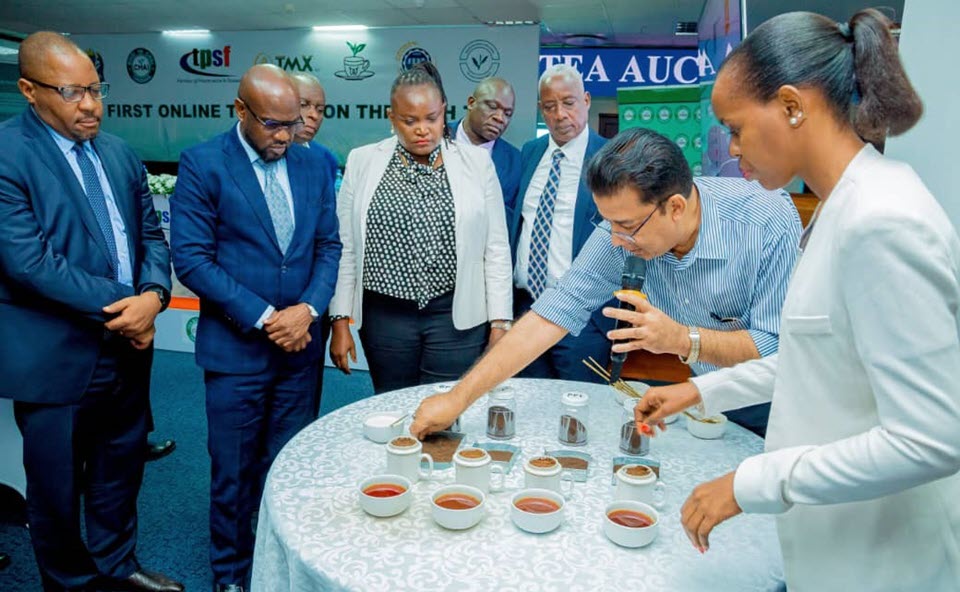
Tanzania Debuts Digital Tea Auction
By Dan Bolton
Tanzania conducted the inaugural Dar es Salaam digital tea auction this week, fulfilling a government mandate to stop exporting locally grown tea through the Kenyan port of Mombasa.
Four gardens sold a combined 1,320 packages (66,920 kgs), leaving 58% of tea unsold. Marks on offer include Arc Mountain, Chivanjee, Diddira, Kwamkoro, Kibena, Ikanga, and Itona.
The East Africa Tea Trade Association (EATTA), which runs the Mombasa tea auction, said the competing auction did not impact prices at its twice-weekly sales. The East African reported Mombasa could lose 25% of its current volume if Dar es Salaam meets its goal of selling 65,000 metric tons weekly. Mombasa is the world’s largest tea auction by volume and, in 1992, became the first tea auction outside London to sell teas from multiple origins. Sales of teas from ten countries are offered year-round. The auction handled as much as 545 million kilos before the pandemic, but volume fell to 482 million kilograms of tea in 2022.
ARC Mountain received the auction high of 92 cents per kilo of PF1 (Pekoe Fanning) grade tea. PF1 generated $10,265 in sales, averaging 87 cents per kilo. Secondary grades averaged 70 cents per kilo. Total sales were $24,024, according to Vision Tea Brokers.
Tea Board of Tanzania (TBT) Director General Mary Kipeja said the Dar es Salaam auction will lower costs, increase transparency, and make Tanzania a regional hub providing services to tea-growing countries in East Africa. Agriculture Ministry Permanent Secretary Gerald Mweli attended the auction and drew the praise of President Samia Suluhu Hassan.
The auction and related infrastructure improvements are part of the national 10-Year Industry Strategy adopted by Parliament. The program calls for increasing tea production from 33,000 tons of made tea to 90,000 tons annually by fiscal 2029/30.
Players in the value chain will benefit, including buyers, brokers, warehouse operators, and transporters, and the port facilities at Tanga and Dar es Salaam, said Kipeja. “More Tanzanians will also be enticed with interests in tea cultivation and management, increasing production and quality of the produce,” she said.
Sales of Tanzanian tea for export currently generate an average of $60 million in foreign exchange revenue. Direct employment is 50,000 and rising.

Holiday Shopping Sentiment Survey Foretells a Bleak Friday
By Dan Bolton
A YouGov survey of American shoppers finds 52% don’t plan to shop on Black Friday this year. Twenty-eight percent say they have shopped Black Friday deals in the past and will not do so. They were labeled “rejecters” in the survey analysis. Many will shop online on Cyber Monday, and others will wait for last-minute deals. Thirty-three percent remain enthusiastic and will shop again this year. In 2022, 73 million shoppers turned out, according to the National Retail Federation (NRF), which is down from the 84 million who shopped in-store in 2019. Concerns about personal finances led 24% of respondents who have shopped on Black Friday to skip it this year, reflecting declining consumer confidence.
The Conference Board ranking of Consumer Confidence fell to a five-month low in October, along with the first decline in retail sales decline since March. Hiring slowed, inflation eased, and economists confidently predicted the economy was cooling, not crashing (like they predicted this time last year).
Rising prices for everyday products, rising interest, and rising credit card debt are to blame. Accenture forecasts negative growth, citing that only one in five (17%) consumers feel optimistic about their financial situation.
Unemployment remains low, but fewer respondents said jobs were “plentiful,” and almost 14% of consumers said they could lose their jobs next year.
The New York Federal Reserve said credit card debt reached $1 trillion earlier this year, and nearly 60% of consumers are worried about their ability to get more credit.
The Wall Street Journal writes, “Retail figures aren’t adjusted for inflation, so slower spending partly reflects the cost for many goods that have fallen in recent months. Those include used vehicles, electronics, and groceries like milk and eggs. Any cooling in consumer demand will soothe worries that the summer’s spending surge would sustain higher inflation. A slowdown could raise hopes that inflation will return to its prepandemic norm without a recession, a so-called soft landing.”
In short, the holidays will be filled with cheer, but a Forbes reporter advised retailers that “V-U-C-A – volatile, uncertain, complex, and ambiguous – is the watchword for how retailers must approach this holiday season and 2024 after that.” The caution is attributed to the NRF, which predicted a sales increase of 6-8% last holiday season. Sales advanced only 5.3% in 2022. The NRF expects November and December sales to grow by 3-4% due to greater economic headwinds.
Tea retailers appear to follow the advice to promote the holiday season as early as September and not let up. High inventory is behind deep discounting as Black Friday looms. Tea Biz is talking to tea retailers and will report their results after US Thanksgiving.
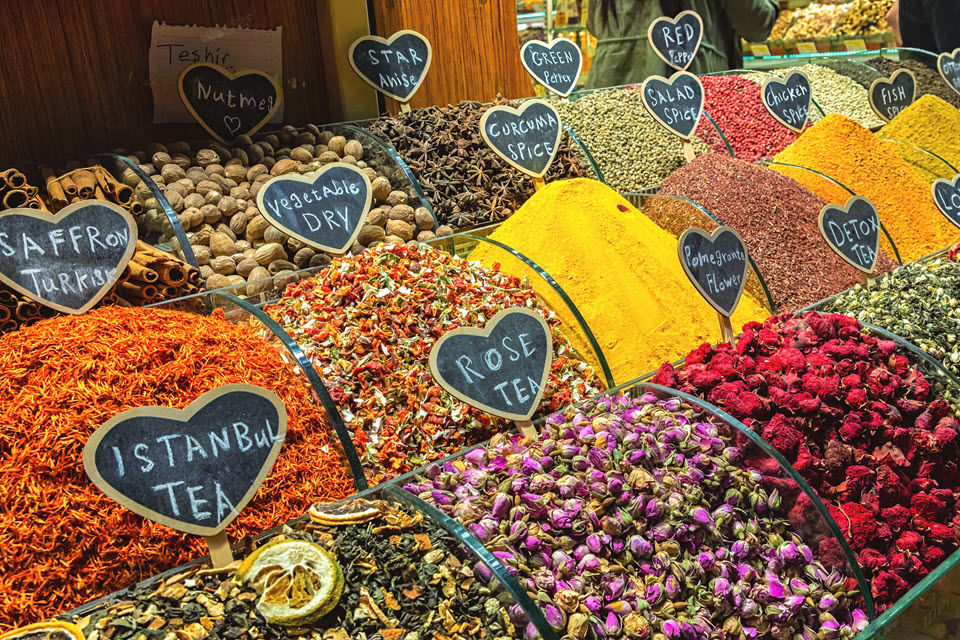
Tea Barter: Egypt Offers Kenya a Blank Check
A shortage of foreign exchange dollars and a bounty of Kenyan tea led Egypt to propose a barter for un-named goods valued at parity. According to the UN COMTRADE database, Egypt imported $243 million of Kenyan tea last year.
Egyptian and Kenyan officials are meeting to reach a deal.
Eqypt is a major importer of black CTC (cut, tear, curl), spending $275 million annually. Kenya is the principal supplier, with an 89% share.
Last year, Egypt bought $8 million worth of tea from the UAE (accounting for a 3% share of tea imports), $8 million from Sri Lanka (also 3%), $2.6 million from India, and $2.5 million from China.
Tea imports, overall, have declined from a recent high of more than $345 million in 2014 to a pandemic low of $197 million in 2020.
Egypt and Kenya are both facing unprecedented scarcity of dollars, according to Ventures Africa. Since last October, the Kenyan shilling has lost almost 24% of its value against the US dollar. The Egyptian pound has declined 50% in value following three rounds of devaluation.
There is a long tradition of bartering agricultural products from Egyptian-grown rice, onions, garlic, nuts, cotton, essential oils, and citrus fruit. But experts say barter is unlikely to ease the hard currency crunch in Africa.
– Dan Bolton
FEATURE
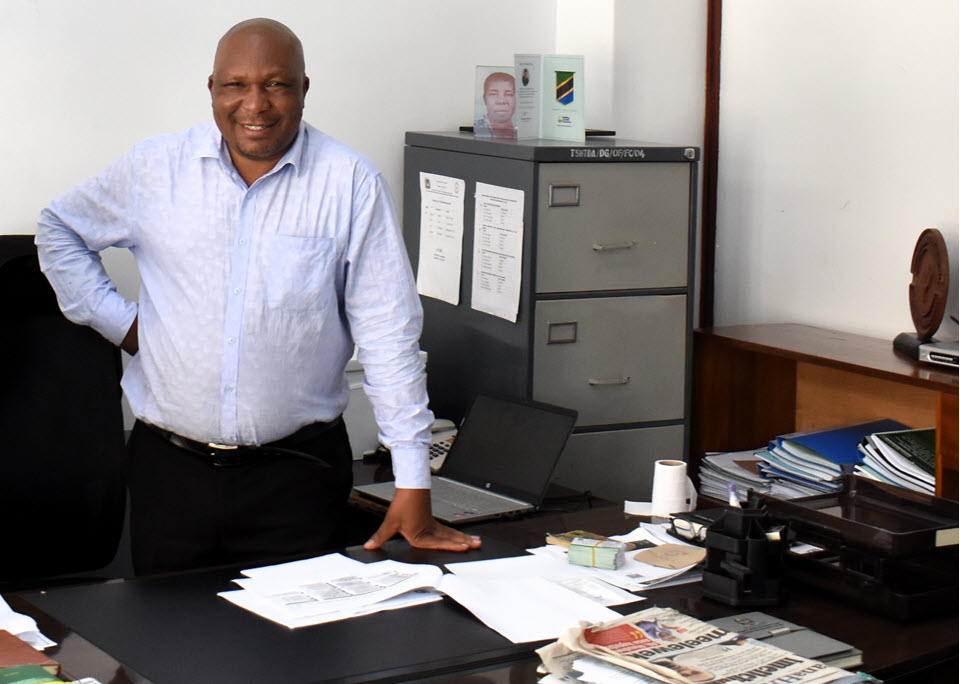
Tanzania Tea Confronts an Array of Challenges with Zeal
By Dan Bolton
Tanzania is the third-largest tea producer in Africa. Smallholders farm 48% of the country’s 23,800 hectares under tea. Data from the Tea Board of Tanzania (TBT) estimates that 32,000 tea smallholders collectively produce about 40% of the country’s green leaf. The economy in this country of 68 million is mainly agrarian. There are approximately 3.7 smallholdings of 2.2 hectares or less. “The tea industry in Tanzania is currently going through several challenges and constraints. But the government of Tanzania has started taking very strong and robust measures to make sure that all these challenges are sorted out,” says Ndunguru.
Listen to the Interview
Powered by RedCircle
Share Episode 143 | Holiday Consumers Lose Confidence Before Black Friday Sales Begin | YouGov Survey of American Shoppers Finds 52% Won’t Shop on Black Friday | Tanzania Debuts Digital Tea Auction in Dar es Salaam | Tea Barter: Cash Short Egypt Offers Kenya a Blank Check | PLUS Tanzania is the third-largest tea producer in Africa. Smallholders there farm 48% of the country’s 23,800 hectares under tea, producing 40% of the country’s green leaf. In October, I traveled to Dar es Salaam to talk with Tanzania Smallholders Tea Development Agency Director General Theophord C. Ndunguru and fellow tea board members to better understand the state of tea smallholders. This report is an excerpt from our discussion.
Sign up to receive Tea Biz weekly in your inbox.



